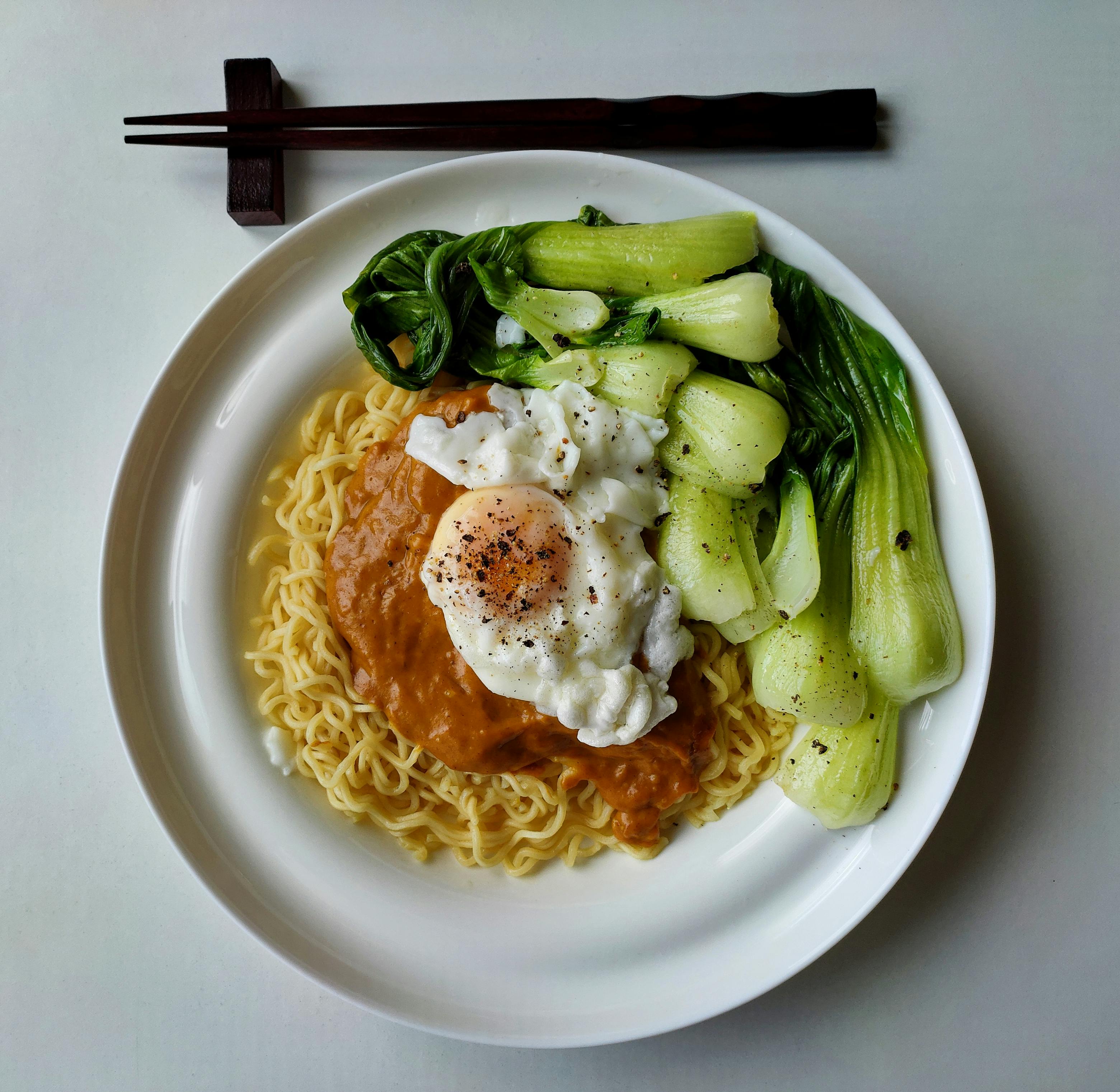“I hate covert racism. I’ve always hated guessing if someone is being mean/rude/nervous because they hate my race or because they’re having a bad day. As I got older, I realized that covert racism is like depression: you know that.” when you feel it, but it’s hard to explain to someone who’s never experienced it. It’s like a sixth sense that God has given people of color that white people don’t believe in. We just know it.”
In her memoir “Mixed: My Life in Black and White” (2006), Angela Nissel writes about the struggles she faces growing up biracial. Nissel’s name may be familiar to fans of the NBC comedy series “Scrubs.” She has been a writer on the show for four years and is now a consulting producer. As a starving artist (also known as a freelance writer), Nissel sold a few products on eBay for extra money. The winning bidder for one of those articles was a television executive who had read her first book “The Broke Diaries” (2001), which dealt with her days as a penniless college student. The eBay winner introduced Nissel to a television literary agent who sent copies of “The Broke Diaries” to shows that hired comedy writers. Nissel had numerous job offers, but “Scrubs” thing.
His knack for sarcastic, witty humor that is a driving force in “Scrubs” is what makes “Mixed” a must-read. When Nissel is in fourth grade, two of her classmates, Jimmy and Michael, call her a zebra. (That’s not the humorous part.) Nissel’s father finds out and goes to the children’s houses with Angela. Jimmy’s parents scold their son. However, Michael’s father closes the door in Angela’s father’s face. That dad’s dog has been using the Nissels’ yard as a bathroom, so Angela’s dad comes up with a hilarious plan involving an Ex-Lax pill. Angela asks her father if the Ex-Lax will hurt the dog. “‘No, just Michael’s dad’s rugs,'” her dad replies.
Later, however, Angela finds out that her father has been cheating on her mother, but even this situation is humorous. “I already knew my parents were in trouble and she suspected my dad was cheating. (Note to parents: trying to have cryptic conversations by spelling words no longer works once your child is reading). Then later, “From the first discussion about my father cheating with whores, my mother had started working a lot…”
The thing about this book is that the comedic moments are also sad. And this is Nissel’s strong point: he makes you laugh, but he also makes you think. People’s comments about her appearance teach her that there is “good” hair and an “ugly” nose. The characteristics that people consider beautiful are her father’s white her.
He went to black schools, white schools, public, private, schools associated with different religions, but he never fit in. She was never white enough or black enough, for which she was ruthlessly teased. “Being a mixed kid, you get used to people looking at you,” she writes. She immediately follows up with humor: “I learned that rolling your eyes or sticking out your tongue was the quickest way to get people to look away.” Learn that being biracial doesn’t get any easier in the dating world. She notices that of six black male co-workers at a production company, “five had white wives and one was dating an Asian girl.”
The book is full of Nissel’s struggles, but she doesn’t want you to feel sorry for her; she is explaining how her experiences (good or bad of hers) made her who she is. She makes you care about the people in her life, particularly her mother, who let her daughter change schools and religions almost as often as she changed her clothes, in a trying to find herself. Nissel doesn’t censor herself, or anyone else, which makes for brilliant dialogue and unapologetic honesty.



